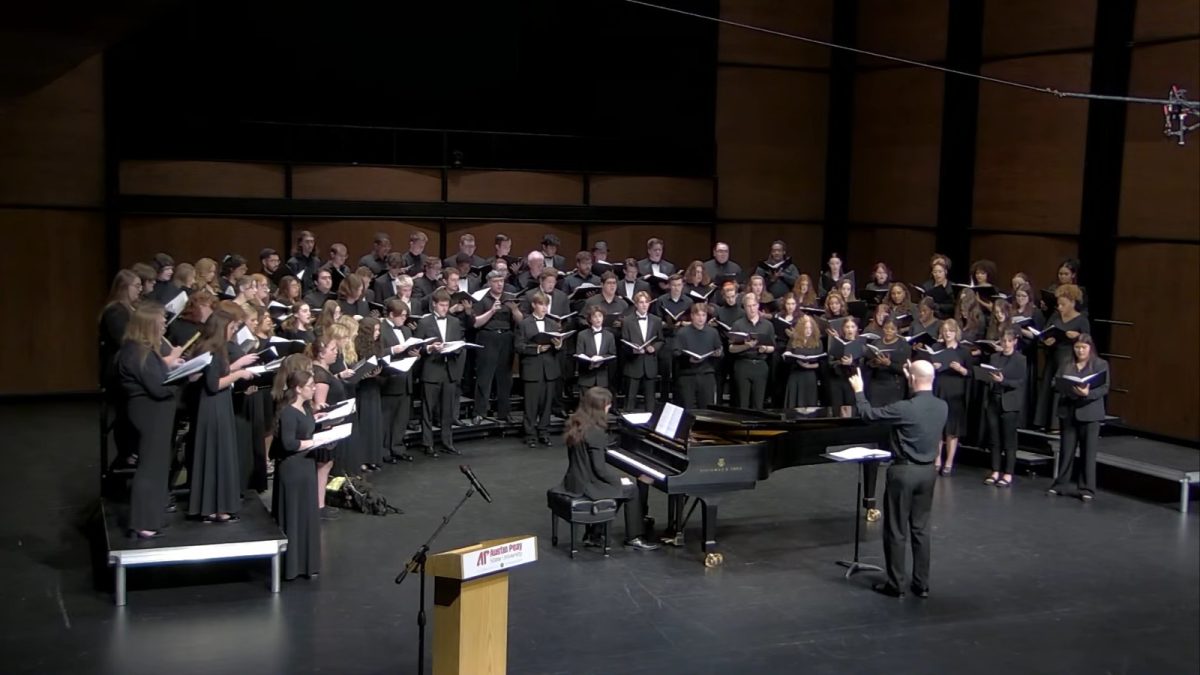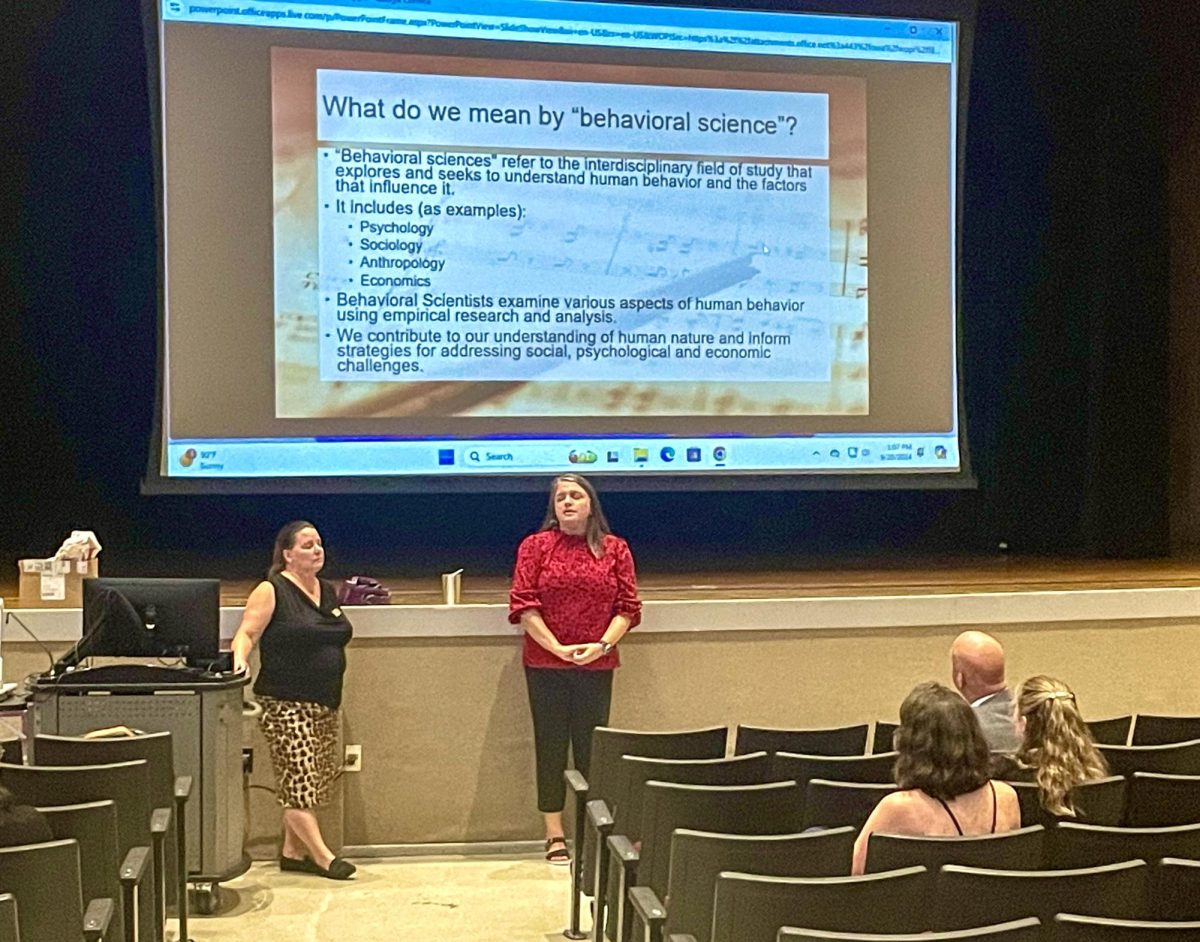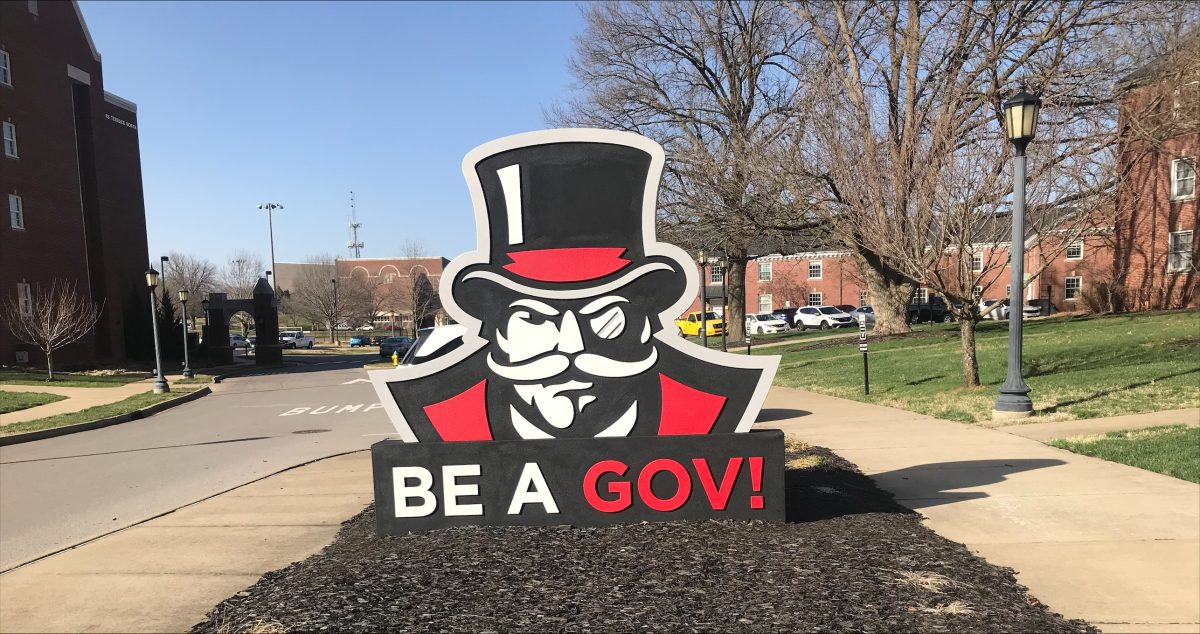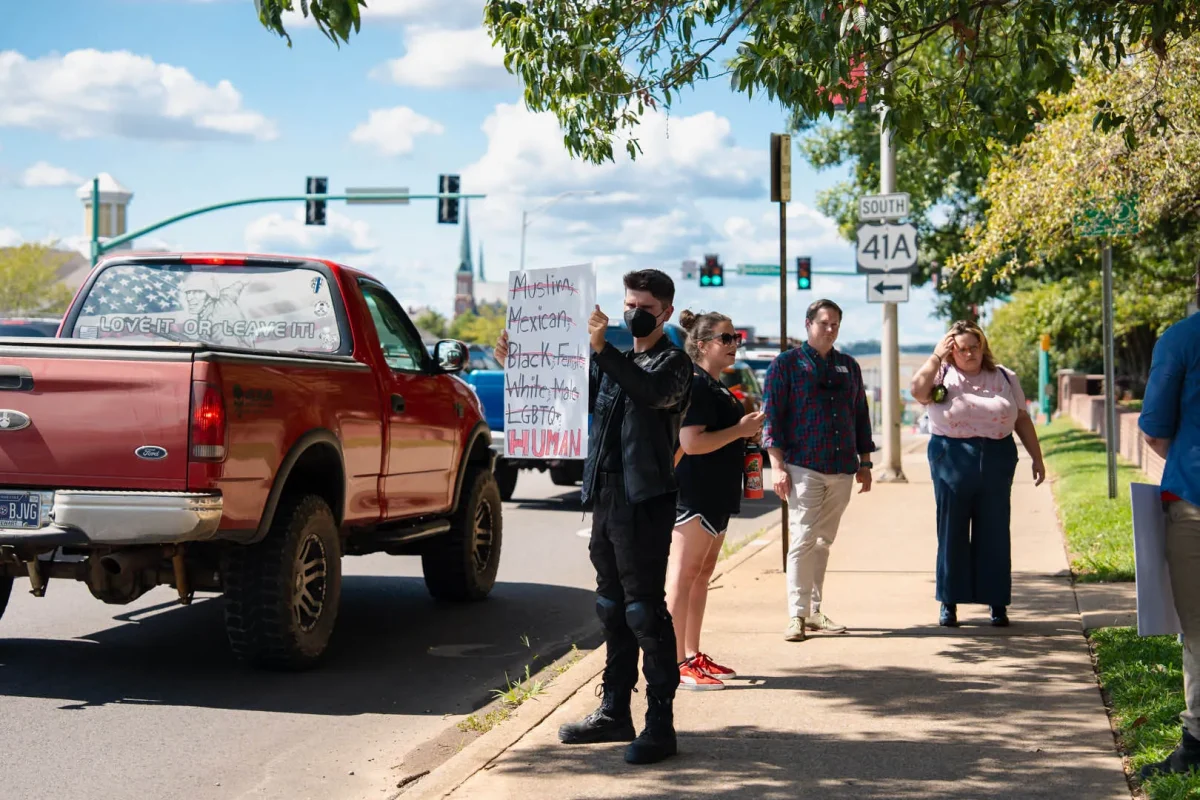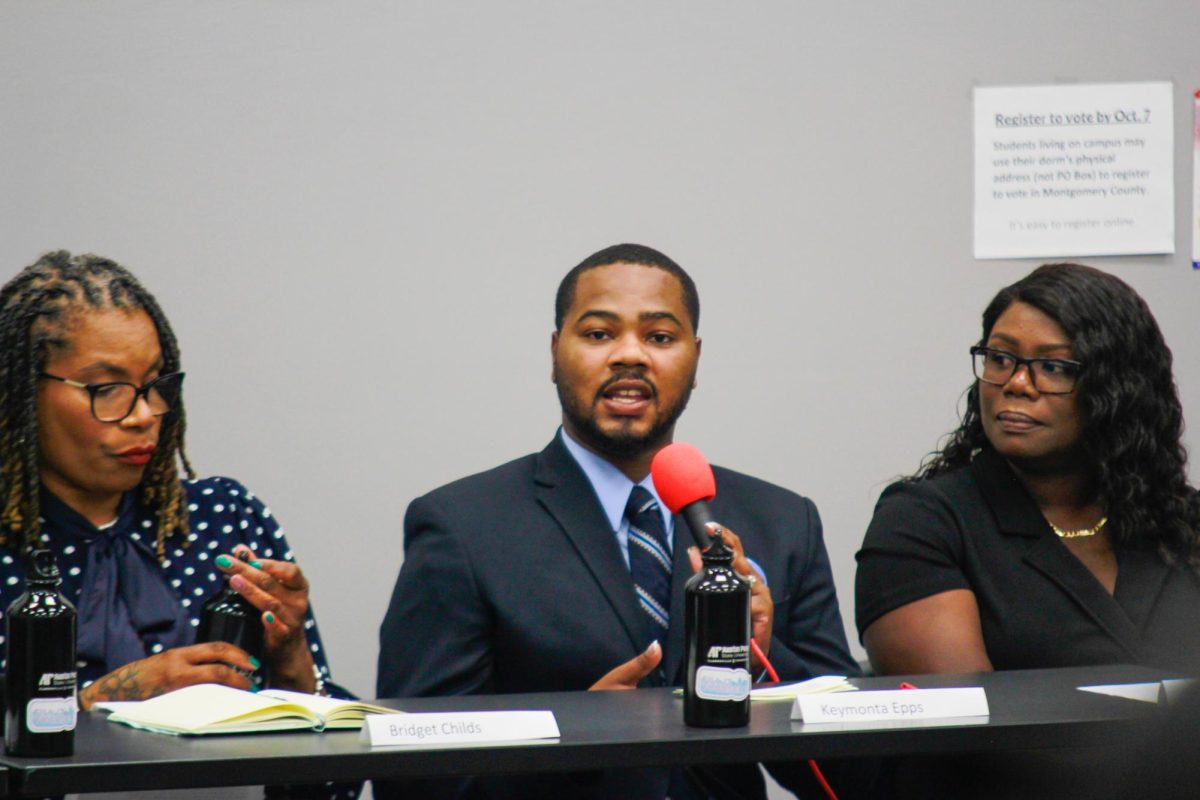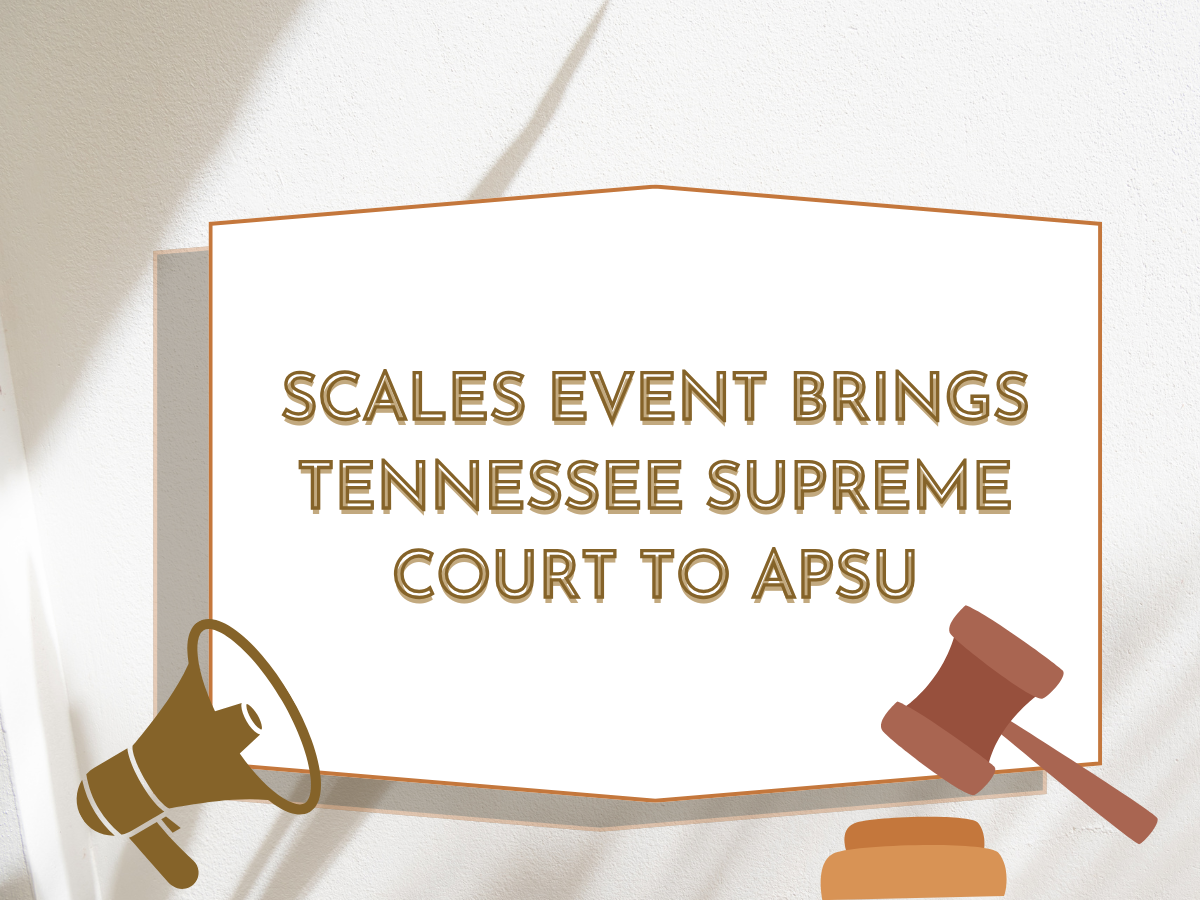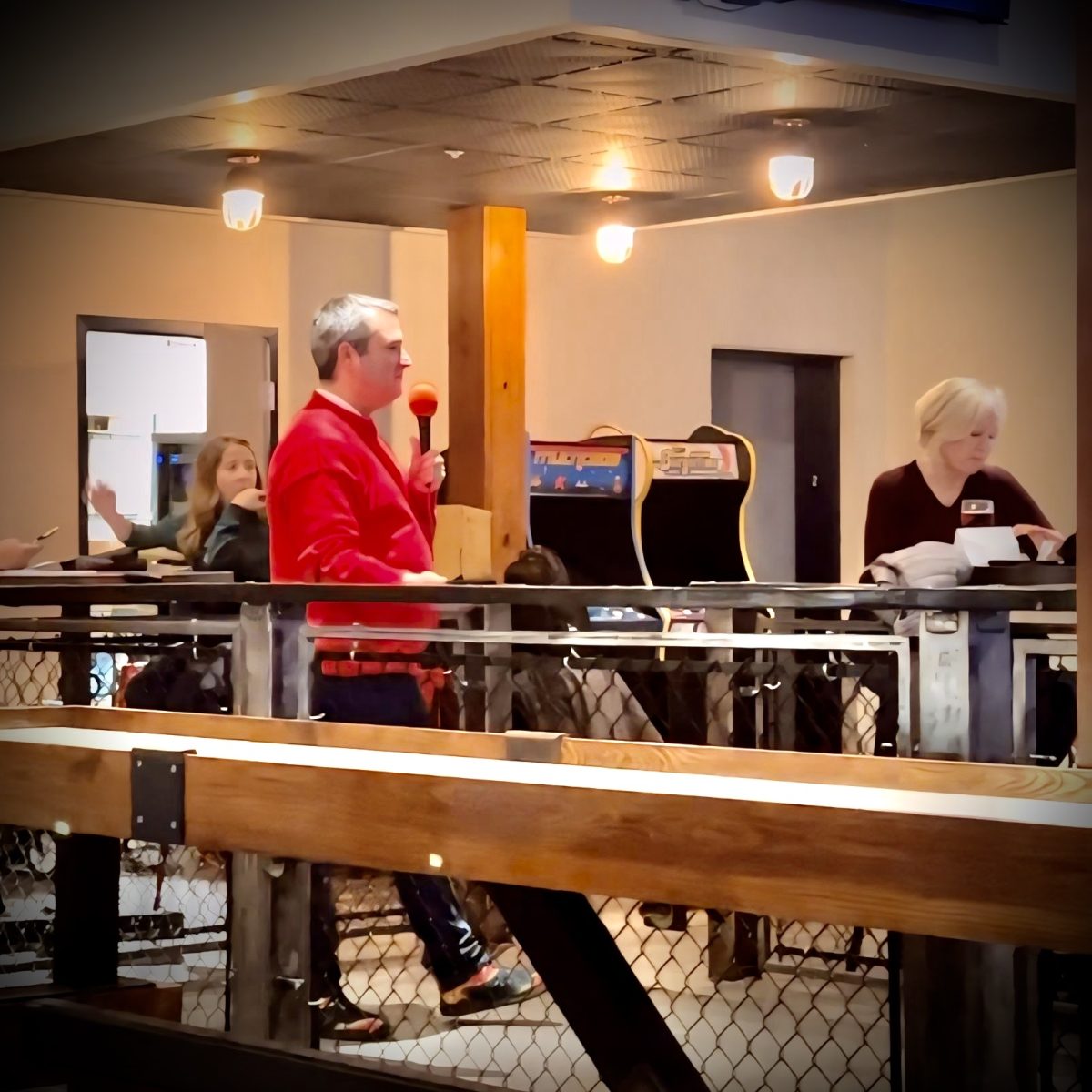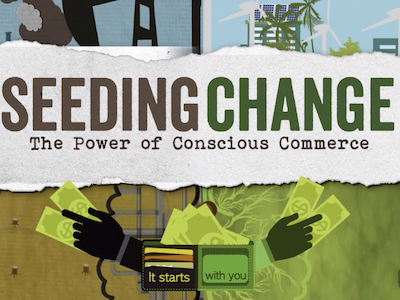WASHINGTON — President Barack Obama said it’s time to turn the page after years of economic hardship at home and wars overseas. But Republicans in charge of Congress say the voters already took care of that last November — and they’re the proof.
“Much of what he did tonight … new taxes, new spending is sort of the same old thing that we’ve heard over the last six years,” said newly installed Senate Majority Leader Mitch McConnell of Kentucky, not long after the president wrapped up a State of the Union speech studded with veto threats and challenges to newly empowered congressional Republicans.
“What I had hoped was the president was going to focus on areas of possible agreement. There are a few: trade, tax reform, infrastructure,” added McConnell, who was on the receiving end of a presidential barb about climate change.
House Speaker John Boehner, McConnell’s partner atop the leadership of the new, Republican-controlled Congress, agreed. “Finding common ground is what the American people sent us here to do, but you wouldn’t know it from the president’s speech tonight,” he said.
The two Republican leaders spoke after Obama declared the “shadow of crisis has passed,” with the economy growing and joblessness falling. He unfurled an agenda on taxes, spending, social programs, energy and foreign policy notably at odds with Republican priorities, although he ended with a plea for the two parties to “debate without demonizing one another” and find compromise where possible.
The speech was the sixth State of the Union address of Obama’s presidency, and the first with Republicans holding majorities in both houses of Congress.
That produced a split-screen sort of response in which Democrats seated on one side of the House chamber repeatedly rose to their feet and applauded the president, while Republicans who intend to vote down his proposals sat silently. And when Obama promised to send Congress a budget “filled with ideas that are practical, not partisan,” a disbelieving snicker swept through the rows of Republicans.
Boehner wasn’t the only Republican who said Obama had not taken the results of last fall’s election to heart.
“We’re not going to raise taxes. He knows we’re not going to raise taxes. So I’m kind of surprised he paid lip service to that,” said Wisconsin Rep. Paul Ryan, the chairman of the tax-writing House Ways and Means Committee.
The centerpiece of Obama’s economic proposals was an increase in the capital gains rate on couples making more than $500,000 annually, to 28 percent, coupled with higher taxes on some estates and a fee on the roughly 100 U.S. financial firms with assets of more than $50 billion.
Much of the $320 billion that would be raised would be ticketed for the middle class, in the form of a $500 tax credit for some families with two working spouses, expansion of the child care tax credit and a $60 billion program to make community college free.
For that, Obama drew condemnation from the most junior Senate Republicans, and from the most senior.
“Calling for expanding the death tax and raising the rates on capital gains, like the president did tonight, makes clear this White House is more about redistribution and populist class warfare than about actual bipartisan tax reform,” said Sen. Orrin Hatch, the Utah Republican who chairs the Senate Finance Committee and will have a key role in negotiations on any tax overhaul legislation in the next two years.
Sen. Tom Cotton, who defeated a Democratic incumbent last fall to win his seat in Arkansas, said, “The policies and ideas he put forth are from the same tax and spend playbook he’s been using for the last six years.”
Georgia Republican Rep. Tom Price, who chairs the House Budget Committee, said Obama was “stuck in the past.”
But the president said it was the other way around.
He said he will work to close the U.S. prison at Guantanamo Bay in Cuba, urged lawmakers to begin ending the trade embargo with Cuba that he said was “long past its expiration date” and threatened to veto legislation imposing sanctions on Iran while nuclear talks are underway.
The president’s list of domestic differences with Republicans was at least as long, if not longer. Veto showdowns already loom on several of them, including legislation he said would take away health insurance, unravel new rules in place on Wall Street and undo new immigration policies that have removed the threat of deportation from more than 4 million immigrants in the country illegally.
He also urged Congress to act against climate change.
“I’ve heard some folks try to dodge the evidence by saying they’re not scientists. … Well, I’m not a scientist, either,” he said, before adding that “the best scientists in the world are telling us that our activities are changing the climate.”
He didn’t say so, but McConnell was among many Republicans in last fall’s campaign who sidestepped questions about climate change by saying they were not scientists.



